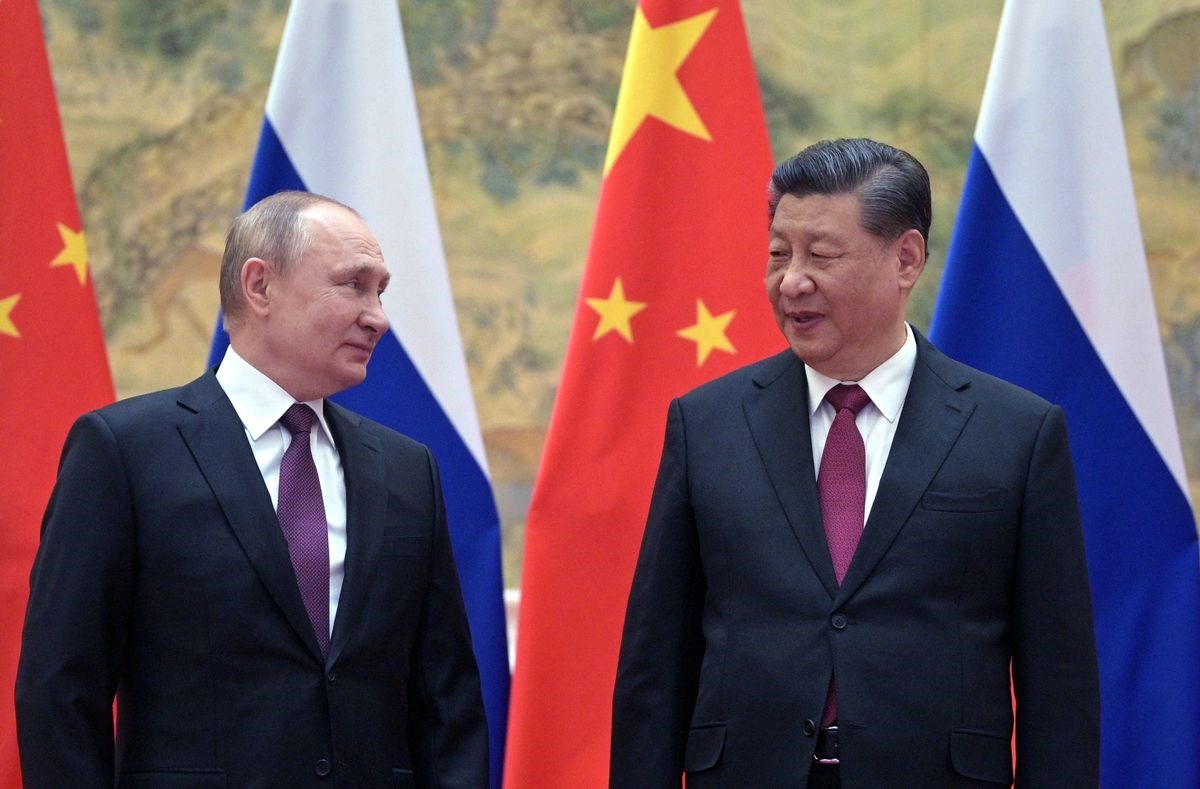China's tools to help Russia's economy
After Russia was slammed with a draconian sanctions campaign, the country heads toward China.
-

China has tools to help Russia's economy.
After the US and its allies declared a sanctions war on Russia for its military operation in Ukraine, the world's eyes turned toward China.
One of the ways China has expanded its influence as a rising global power is by forming tight financial links with countries that refuse to obey regulations prescribed by the hegemony of the US and other Western powers. Surely, China would do the same for Russia.
The Chinese state-owned enterprises may buy Western shares in some of Russia's largest oil and gas companies after Shell and BP, among other American and European behemoths, have indicated that they will abandon their joint ventures in Russia because of the invasion, but there are few clear purchasers of Chinese state-owned firms.
Chinese money
Around the world, Chinese companies are active by using the US financial system to pay employees, purchase material, and make investments. China is known as the world's largest exporter and is mainly paid in dollars.
It might make cross-border transactions easier, allowing China to continue selling many of the items it produces to the rest of the world to Moscow. It might make low-cost investments in Russian energy companies.
It could allow Russia's central bank to sell part of the $140 billion of Chinese bonds it has on hand. Beijing may even put up a parallel bank to assist in the movement of Russian funds, similar to what it has done for Iran and North Korea.
China-Russia friendship
A growing friendship between Chinese President Xi Jinping and Russian President Vladimir Putin has helped put the two countries closer together. The ambition to end what China and Russia regard as America's economic and geopolitical hegemony further strengthened the diplomatic ties.
Days after the Games, Russia launched its military operation in Ukraine, prompting the United States and other developed nations to apply rounds of sanctions aimed at crippling the Russian economy.
China has slammed the actions on numerous occasions. "Relevant sanctions will harm the world's economic recovery, it is in no one's interest," Premier Li Keqiang said during his annual press conference on Friday.
Visa and Mastercard no longer in Russia
Following the closure of Visa and Mastercard in Russia, some Russian banks moved to China's UnionPay, which has payment possibilities in over 180 countries. To avoid penalties, China must offer its own payment processing. Transactions must not be in dollars.
Then there's the money Russia has stashed away in China. Russia can quickly raise the equivalent of more than $160 billion in China, or approximately 16 months' worth of Russian oil and natural gas sales to the European Union and the United States, using central bank reserves, government investments, and a longstanding loan agreement.
Around $140 billion of that money is invested in bonds and is denominated in yuan. The rest is related to agreements between the central banks of the two countries, which commit each to $24 billion in short-term, interest-free loans in the event of an emergency.

 3 Min Read
3 Min Read









